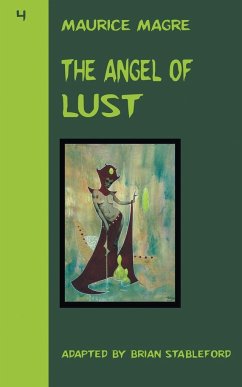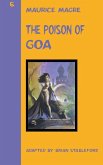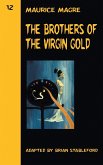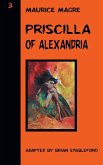Maurice Magre (1877-1941) was one of the most far-ranging and extravagant French writers of fantastic fiction in the first half of the 20th century, and perhaps the finest of them, because of the fertility and versatility of his imagination and the manner and purpose for which he deployed it. This volume, the fourth of a series of twelve dedicated to Magre's works, offers the novella, The Love Life of Messalina (1925), in which the eponymous character is possessed by a version of the god Priapus, and becomes an incarnation of lust, and the novel The Angel of Lust (1926), a violent melodrama about a great conflict between rival fraternities dedicated to good and evil. In it, Isabelle, the daughter of a Castilian nobleman once sold as a slave by the raiders of Granada, uses magic to seduce the scholar Almazan away from the studies that he has commenced with Rosenkreutz, despite the threat of assassins dispatched by Tomas de Torquemada to murder the freethinkers of Europe.
Bitte wählen Sie Ihr Anliegen aus.
Rechnungen
Retourenschein anfordern
Bestellstatus
Storno








